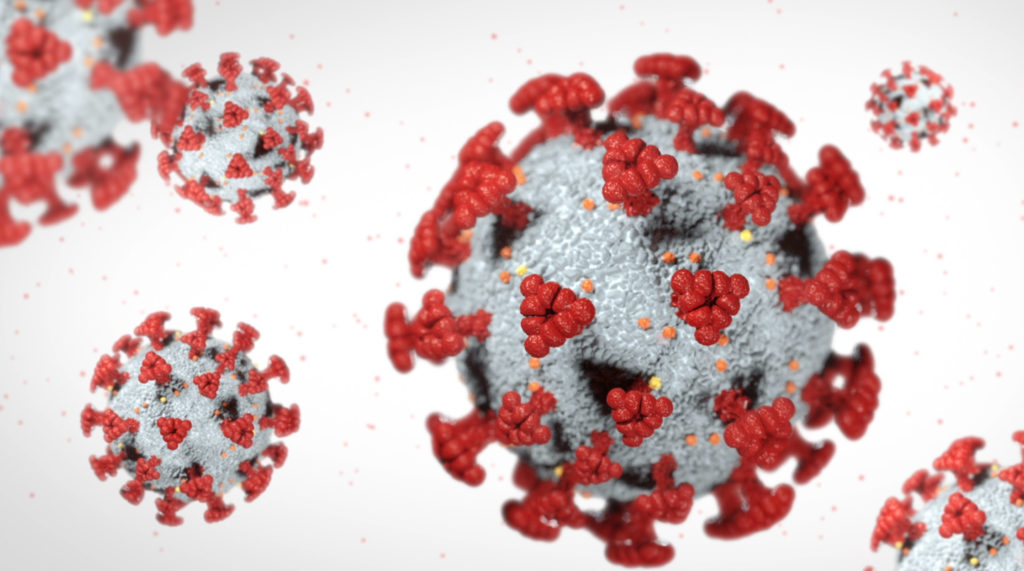New York, August 18 – While giant pharmaceutical companies are competing to produce anti-Covid-19 vaccines, the World Health Organization called for an “equitable access and fair allocation” of the medicine to all those stricken by the virus around the world.
“We need to prevent vaccine nationalism,” said WHO director general Tedros Adhanom Ghebreyesus in a direct rebuke to the possible grab of the vaccines by any governments for their own people at the expenses of others.
“And for this reason, WHO is working with governments and the private sector to both accelerate the science, through the ACT-Accelerator, and ensure that new innovations are available to everyone, everywhere starting with those at highest risk.
“Since May, WHO has been in extensive consultations to develop a new framework to guide fair and equitable access to diagnostics, therapeutics and vaccines, for Covid-19 across all countries. These cross-cutting principles are key to the promotion of equitable access and fair allocation of these essential health products for the greatest impact globally.”
He said the allocation of vaccines will take place in two phases: (1) doses will be allocated proportionally to all participating countries simultaneously to reduce overall risk, which would cover the 20 percent of population most affected by Covid-19 in each country, and (2) doses will be allocated to individual countries depending on threat and vulnerability level.
Front line workers in health and social care settings will have priority access to the vaccines “as they are essential to treat and protect the population and come in close contact with high-mortality risk groups.” WHO said.
WHO urges governments to join COVAX Global Vaccines Facility, which is the mechanism for “joint procurement and pooling risk across multiple vaccines”, by August 31.
The possibility that some governments may monopolize vaccines has prompted Pope Francis to issue a statement at Vatican City supporting a fair distribution of vaccines to all those who need them.
“The pandemic is a crisis. You don’t come out of it the same — either better or worse,” Francis said. “We must come out better.”
“How sad it would be if for the Covid-19 vaccine priority is given to the richest,” he said.
“The pandemic has laid bare the difficult situation of the poor and the great inequality that reigns in the world,” the pope said.
“And the virus, while it doesn’t make exceptions among persons, has found in its path, devastating, great inequalities and discrimination,” Francis said, adding “and it has increased them”.
Infection cases and deaths caused by the coronavirus pandemic have continued to rise in what the World Health Organization (WHO) described as a once-in-a-century health crisis and warned that its destructive impacts will be felt for decades to come.
Total as of 15 August 2020.
Globally: 21,026,758 cases; 755,786 deaths
Africa: 936,062 cases; 18,286 deaths
Americas: 11,271,215 cases; 410,483 deaths
Eastern Mediterranean: 1,710,272 cases; 45,361 deaths
Europe: 3,733,965 cases; 213,674 deaths
South-East Asia: 2,971,104 cases; 58,844 deaths
Western Pacific: 403,399 cases; 9,125 deaths
Please follow this link for the daily situation report for COVID-19
“The pandemic is a once-in-a-century health crisis, the effects of which will be felt for decades to come,” said WHO Director-General Tedros Adhanom Ghebreyesus. “Many countries that believed they were past the worst are now grappling with new outbreaks. Some that were less affected in the earliest weeks are now seeing escalating numbers of cases and deaths. And some that had large outbreaks have brought them under control.”
The WHO chief made the remarks in a meeting of The Emergency Committee on COVID-19 at the WHO headquarters in Geneva on July 31 as the total worldwide confirmed cases of infections reached 17,396,943 and 675,060 deaths.
The committee expressed in a statement its “appreciation for WHO and partners’ COVID-19 pandemic response efforts, and highlighted the anticipated lengthy duration of this COVID-19 pandemic, noting the importance of sustained community, national, regional, and global response efforts.”
The committee unanimously agreed following discussion and a review of evidence that the outbreak still constitutes a Public Health Emergency of International Concern (PHEIC). It issued a range of recommendations to both WHO and member states and pledged support to maintain health services while accelerating the research and eventual access to diagnostics, therapeutics and vaccines. Countries are urged to strengthen public health surveillance for case identification and contact tracing, including in low-resource, vulnerable, or high-risk settings and to maintain essential health services with sufficient funding, supplies, and human resources. Countries are advised to implement proportionate measures and advice on travel, based on risk assessments, and to review these measures regularly.
The committee’s statement, with further details of the meeting and their recommendations, is available here.
As of August 1, 2020, World total Covid-19 deaths: 675,060; confirmed cases of infection: 17,396,943.
Confirmed cases of infection:
Americas: 9,220,330
Europe: 3,357,465
Southeast Asia: 2,072,194
Eastern Mediterranean: 1,544,950
Africa: 788,448
Western Pacific: 312,771.

